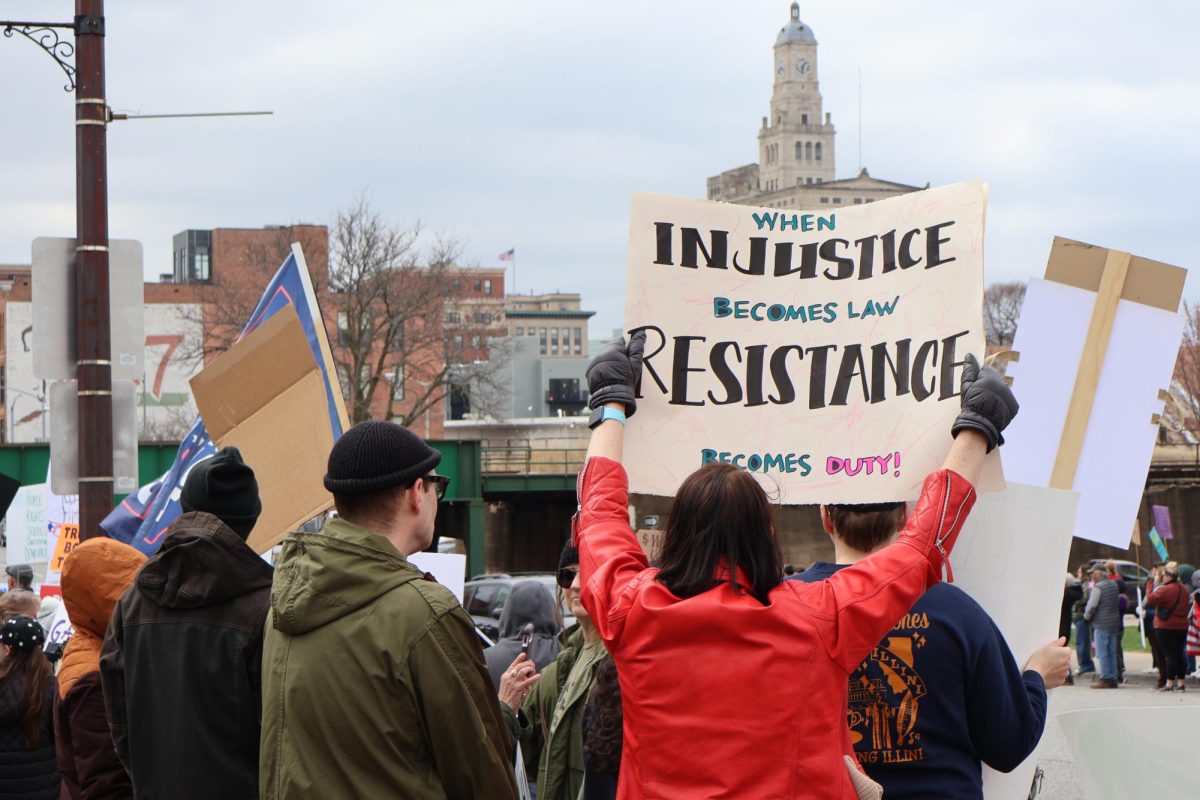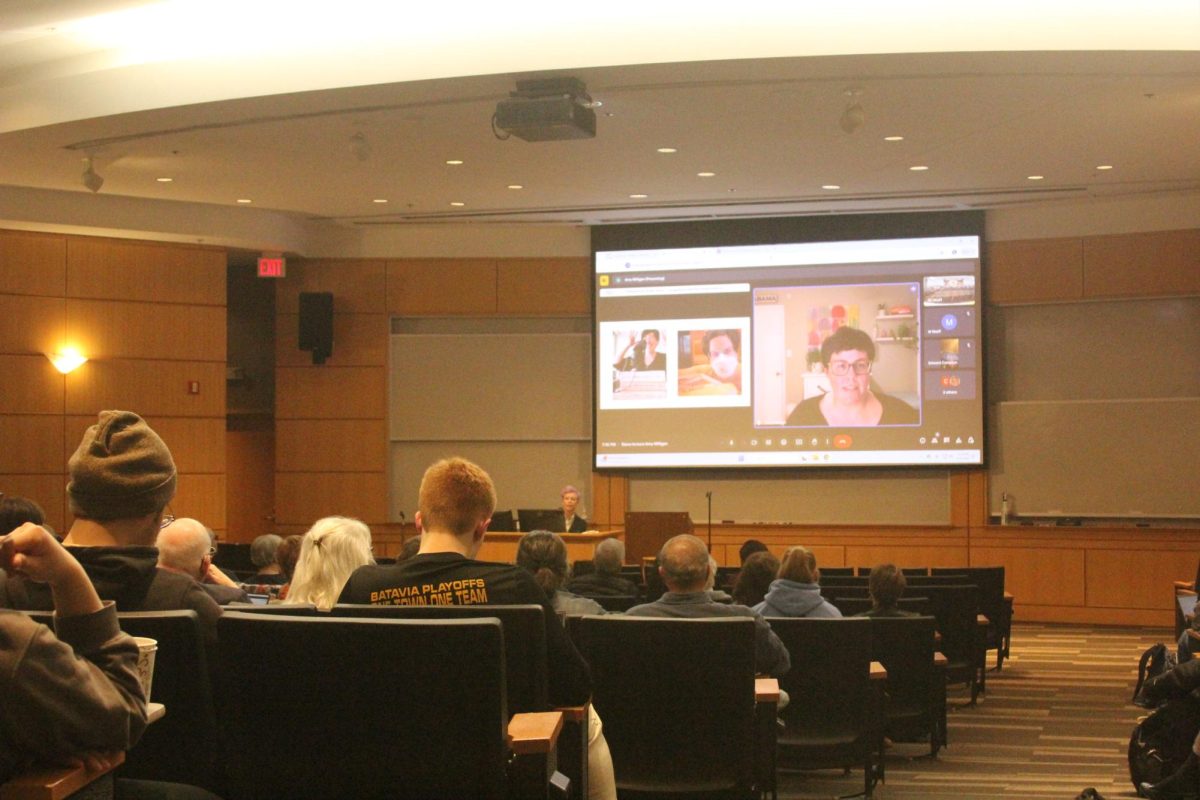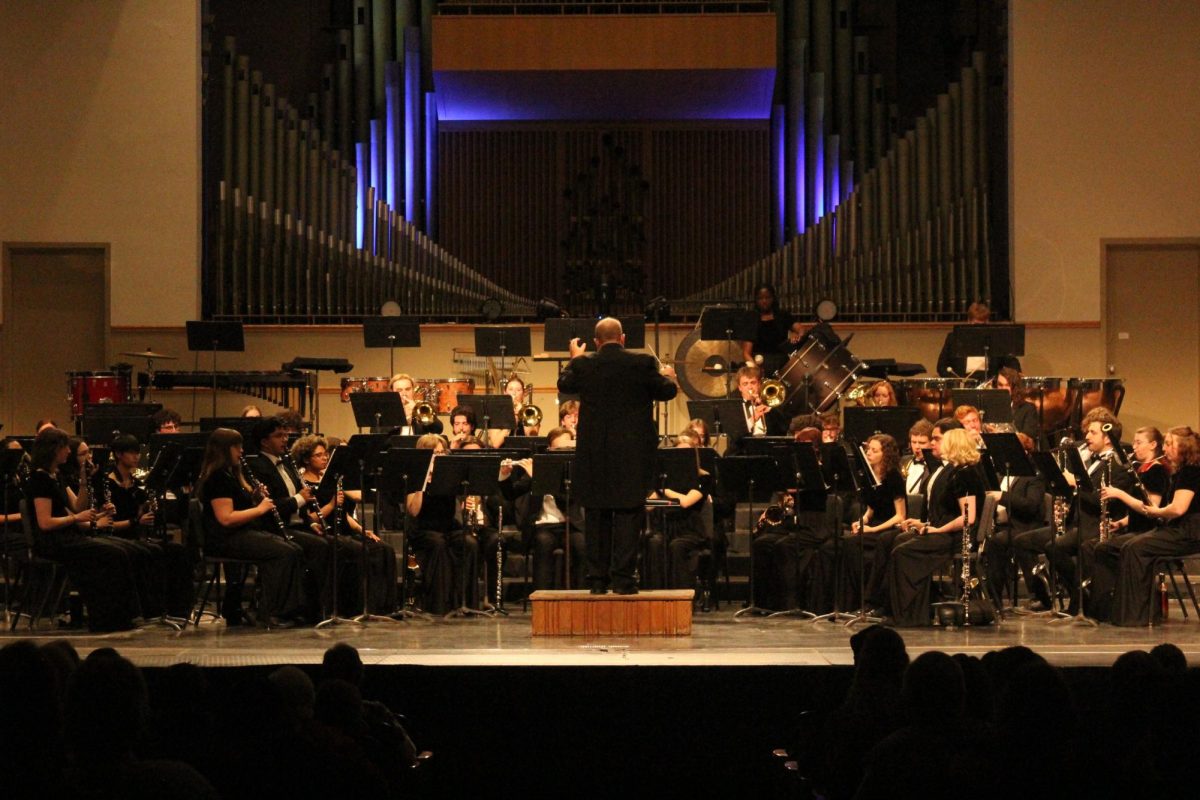For many students, the 50 cent raise only increases discontentment
October 26, 2022
On Monday Oct. 17, Augustana College sent out an email to the student body, announcing that on Oct. 31, the student minimum wage would increase from $9.25 to $9.75 an hour.
Although the announcement and the raise was meant to bring relief to students, for many, especially for those in the Augustana chapter of the Young Democratic Socialists of America (YDSA), the announcement was met with disappointment and anger.
The Augustana YDSA is a chapter of the national organization YDSA. Their mission is to organize and promote radical and structural changes for student needs. One of the main goals since YDSA’s inception was to increase the student minimum wage.
Eric Reinertsen, senior and co-founder of Augustana’s YDSA chapter, was one of many students who expressed frustration towards the administration.
“With the 50 cent raise, it almost would’ve been better for them to not raise it at all and continue to act like they were ignoring the issue,” Reinertsen said. “It honestly was sort of a kick in the face.”
For comparison, Knox College, a smaller liberal arts college located less than an hour from Augustana, pays their student workers $12 an hour. Illinois Wesleyan, located two hours away from Augustana, pays their student workers $10.50 an hour and plans on increasing the pay to $11 an hour in the spring.
Zack Horve, junior and YDSA vice president, shared Reinertsen’s frustration with the administration.
“While it is an increase and I’m not going to say no to more money, I don’t think it’s enough,” Horve said. “I don’t think it’s even a good start. It’s a half measure… these are students who make this campus run every single day. And we can’t find the money to pay them the actual minimum wage, but we can find the money for a street fest, for an inauguration.”
In the spring semester of the 21-22 school year, their effort to raise the student minimum wage formally began. The group sent out surveys to student workers on campus and the findings, which were primarily concerned with demographic information and seeing how the low wage impacted student workers, were eventually presented to Augustana’s chief financial officer and vice president of administration, Kirk Anderson. The group also had the opportunity to express their concerns to President Talentino while she was meeting with organizations across campus.
Senior and YDSA member Jack Beemsterboer was present at the meeting with Kirk Anderson, where YDSA shared its findings with the administration. At the meeting with President Talentino, the group attempted to try and persuade her to take action on this issue.
“She was sympathetic, of course, but I didn’t get any indication that she actually felt like this was a cause she wanted to support,” Beemsterboer said.
Horve, also present for the meeting with President Talentino, agreed with Beemsterboer’s general sentiment.
“She said ‘oh, I care about student workers, I was a student worker back in the day’,” Horve said. “If you were a student worker back in the day, you should understand that this money isn’t just spending money. People have to pay bills. Seniors have to pay rent.”
In both meetings with YDSA, Kirk Anderson and President Talentino brought up the constraint that the administration is limited by when raising the student minimum wage: the school budget.
Despite tuition increases for the last several years, the school budget has gotten smaller because enrollment has decreased. Despite Augustana’s endowment, this makes it harder for the administration to find the funds to increase the student minimum wage.
“I wish it could be more,” Kirk Anderson said. “The constraint that we have as an administration is we don’t have unlimited resources and we try to balance it out to the best of our ability.”
According to Kirk Anderson, the majority of the school’s resources are dedicated to providing financial aid to students. He said that if the administration were to increase the student minimum wage to $12 an hour, the school would have to pull funds from things such as financial aid and Augie Choice, which is something the administration isn’t prepared to do.
“We’re giving financial aid to all 2,300 students, while we only have 700 that have jobs, so we feel like we’re getting better coverage by doing that,” Kirk Anderson said.
Allie Anderson, junior and student supervisor at the CSL, disagreed with the notion that taking funds from financial aid and Augie Choice are the only viable options for the administration.
“I’m sure that those are a huge part of the budget, but there’s money everywhere,” Allie Anderson said. “I don’t feel like we were asking for too much to ask for a 75 cent raise instead of a 50 cent one. To me, that feels like they’re not being creative enough in where they’re getting the money from.”
In addition to this, Allie Anderson believes that the mostly stagnant wages at Augustana are in part enabled by the fact that international students can’t work off-campus.
“The school knows that they have no other option but to work on campus,” Allie Anderson said. “I really think that the school is taking advantage of that, whether they’re doing it on purpose or not. If the dining hall was staffed by majority domestic students, our wages would be raised by now, but because it’s students who do not have a choice, they can afford to keep the wages low.”





































































































Ethan • Oct 26, 2022 at 12:16 pm
Thanks for writing this, Augustana cannot pride itself on being a leading progressive institution while continuing to pay these subpar wages. If administration doesn’t take action soon, the students certainly will…